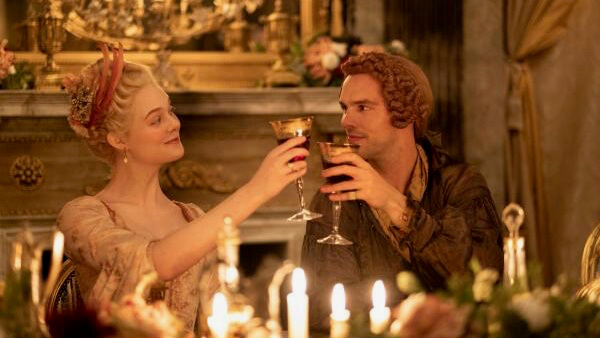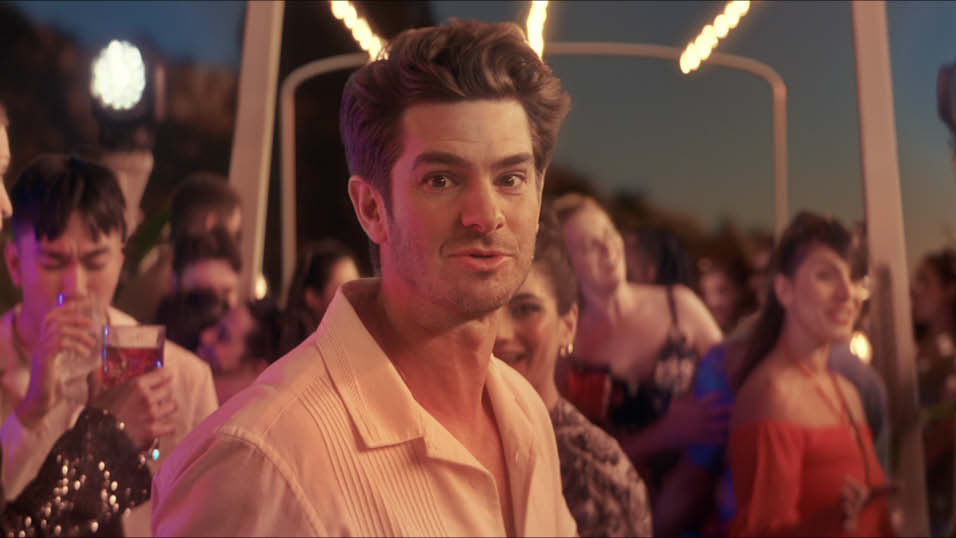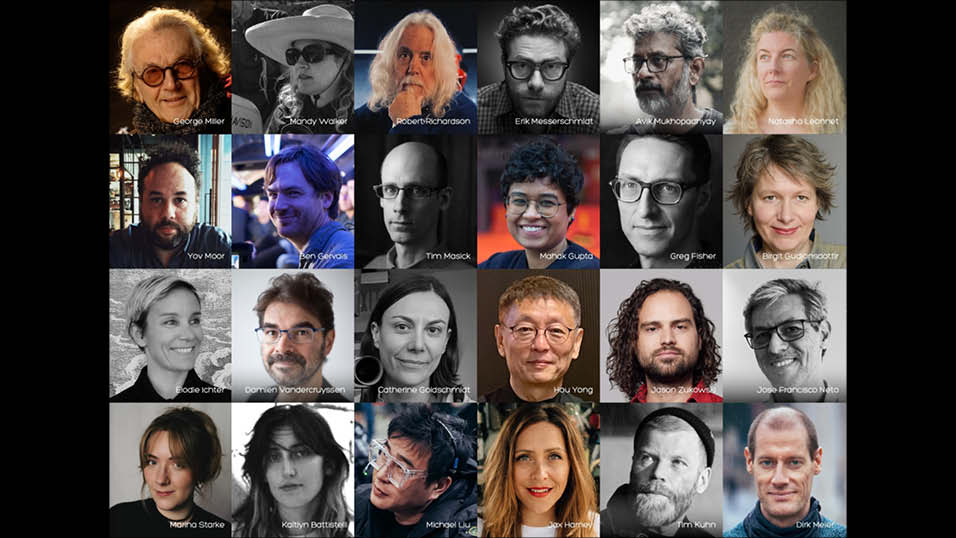The Great is a satirical, comedic drama about the rise of Catherine the Great (Elle Fanning) from outsider to the longest reigning female ruler in Russia’s history, with only occasional historical facts.
The series, shown on Hulu in the US and Starzplay in the UK, also stars Nicholas Hoult as Emperor Peter whose reign precedes hers. The series, created by Tony McNamara (writer of the multiple-award-winning feature film The Favorite) takes a dark-comedic look at the goings-on at the imperial court.
The 10-episode series was posted at Encore in London, at first, within the company’s Wardour Street location, and once Covid-19 hit, supervision and reviewing of the work in progress continued via remote technology.
McNamara and other key filmmakers were able to oversee the series’ post work as it took shape at Encore. The look, says Senior Colorist Paul Staples (who worked in DaVinci Resolve 16, mastering in Dolby Vision at 1000 nits), was designed to be different from that of the “traditional costume drama.” The brief for cinematographers John Brawley, Maja Zamojda BSC, Anette Haellmigk, and himself was, “Naturalism over pictorialism.
“Often, on this type of show you might go for a very heavy print emulation look,” Staples says. “We did use a film LUT, but it was very light to look ‘filmic’ without feeling overly processed. But Tony McNamara was really keen that the audience implicitly understand that the show in fact is anti-history and that it should have more of a contemporary treatment.”
Sound Designer/Supervising Sound Editor Joe Fletcher adds that The Great’s soundscape is equally far from what would be expected from a staid period drama. “A definite note throughout the series,” he says, “was that it should never feel too warm or cozy.”
So, for example, many scenes with Emperor Peter were peppered with audio reminders of the ruler’s capricious nature and the precarious place of his courtiers. “This was an idea from a conversation I had with [editor] Anthony Boys before we started on the first episode,” Fletcher recalls. “Imagine it’s three AM at a house party and everyone is terrified of the host. We wanted to help emphasis the idea that everyone at court has perhaps lost someone because they behaved in a way Peter didn’t like, or he just found them boring. So at every opportunity we tried to have the sounds of some madness or crashing going on off screen.”
When Covid-19 hit, work was able to continue nearly seamlessly with the key clients able to watch and listen remotely either at home (on calibrated iPad Pros) or a studio nearer to their homes (McNamara and Executive Producer Marian McGowan had returned to their homes in Sydney, Australia). “The fact that colour, online, and sound all happened in the same facility made it much easier for the filmmakers to have multiple reviews across disciplines within the same building once filming had finished,” says Fletcher. “We also had multiple remote reviews with executives in LA, so we built up a trust with them and Tony and Marian and that helped make it a very smooth transition to entirely remote reviews when that became necessary.”
Jon Creamer
Share this story


















